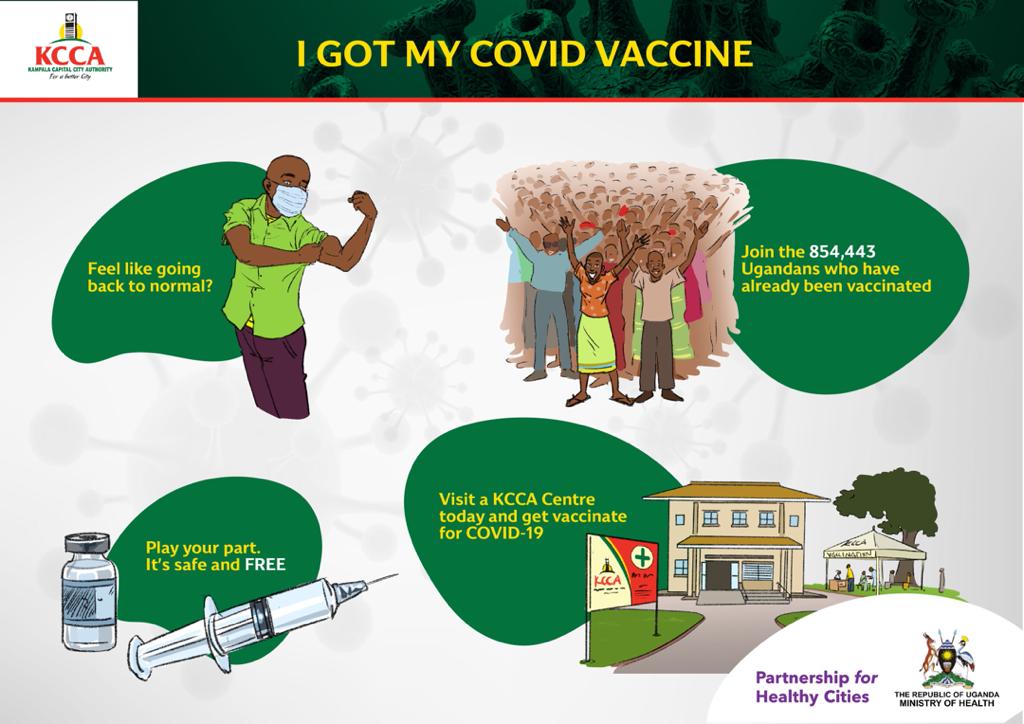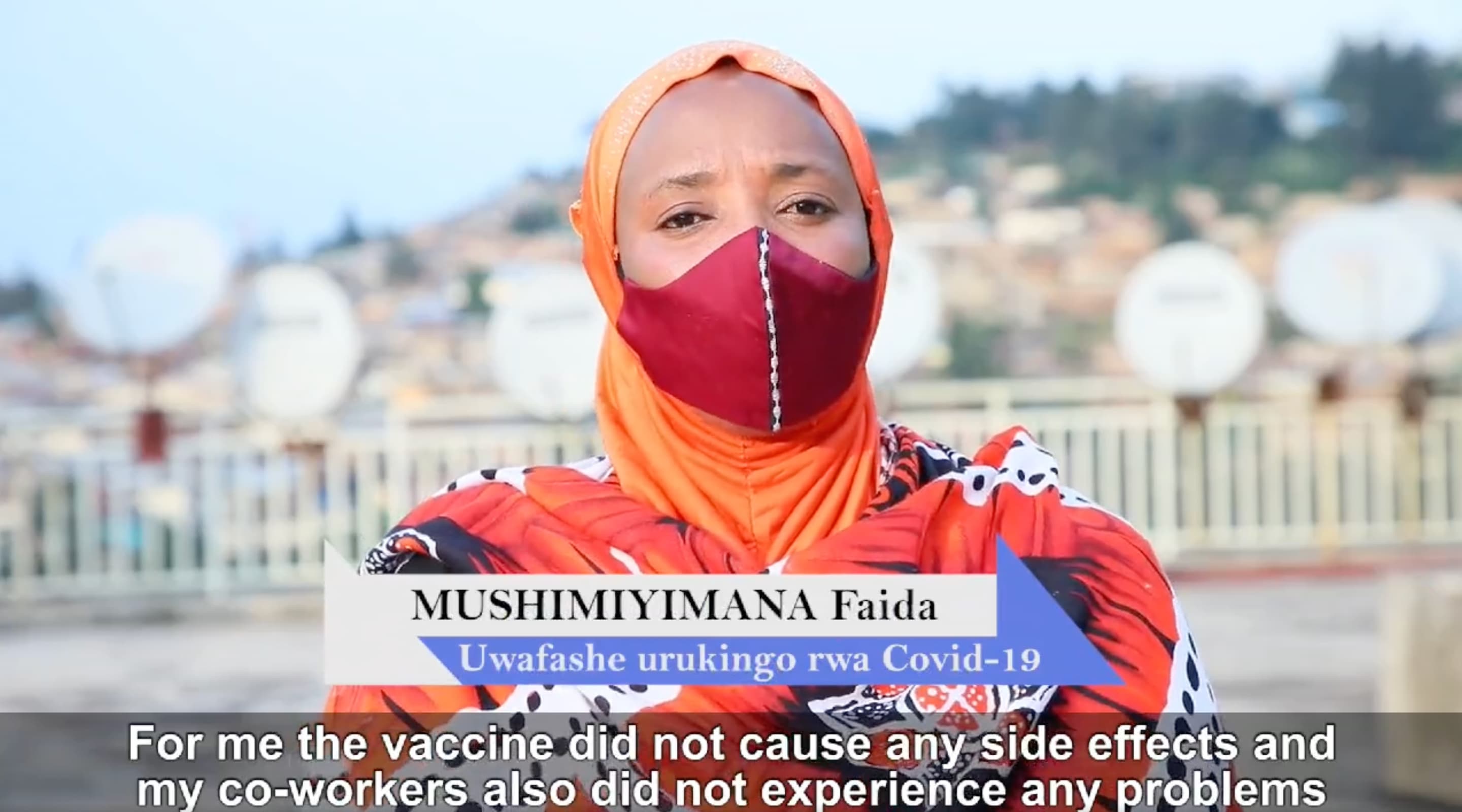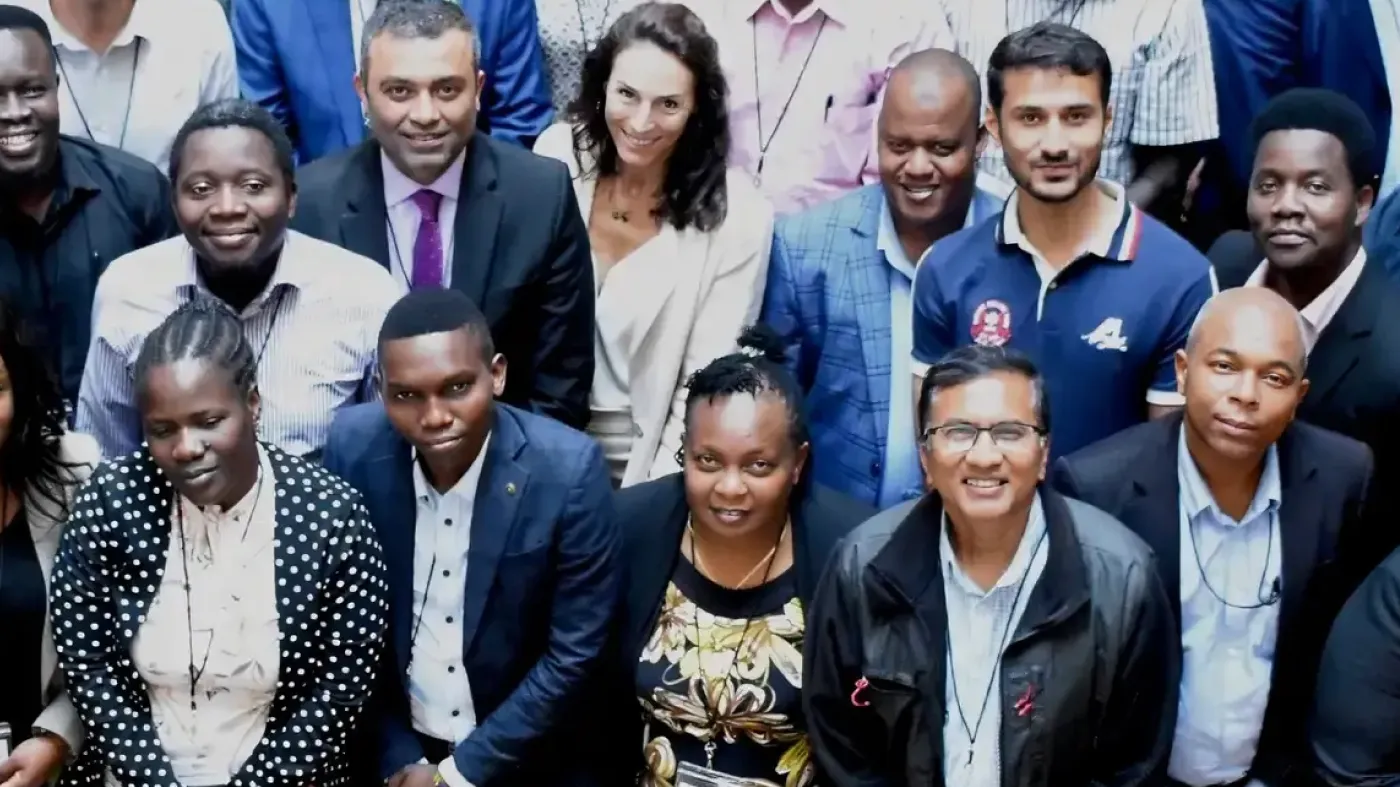Download All Country Data
From New York to New Delhi, COVID-19 has had an enormous impact on cities. Since March 2020, the highly transmissible disease has run rampant through densely populated centers. With vaccination as a key strategy for reducing transmission and severity, getting shots into arms has taken on a great sense of urgency. However, this urgency comes against a backdrop of global disparities in vaccine supply and widespread misinformation.
Spearheading an urban response to COVID-19
The Partnership for Healthy Cities — a collaboration between Bloomberg Philanthropies, the World Health Organization and Vital Strategies — is a global network of 70 cities dedicated to working toward healthier, longer lives for all urban residents. Its initial scope was to prevent noncommunicable diseases and injuries. Soon after the start of the pandemic, its mandate expanded to include assisting cities in COVID-19 response. A year after the pandemic was officially declared, the Partnership joined forces with Resolve to Save Lives to support to low- and middle-income cities in securing and administering vaccines.
Campaigns in Kigali, Rwanda and Kampala, Uganda demonstrate how communication and trust can successfully build vaccine confidence.
Creating a trusted, credible voice in Kigali, Rwanda
As Kigali planned its vaccine strategy, city leaders looked to the success of prior COVID-19 prevention campaigns. These initiatives used television, radio, social media and in-person outreach activities to gain trust from the community, positioning the city government as the main source of accurate COVID-19 information.
With support from the Partnership, the City of Kigali launched a communication campaign in July 2021 to address vaccine misinformation and hesitancy — with the ultimate goal of convincing the city’s 1.1 million urban residents that the shots are safe and effective. It also informed residents when and where to get vaccinated.
People who received the vaccine provided testimonials that were promoted via social media. Residents spoke on video about their positive experiences with inoculation and explained their motivations for getting vaccinated. For example, a market vendor spoke about her desire to protect fellow vendors from getting sick. Complementing the digital campaign, the city trained 3,747 community health workers on appropriate COVID-19 vaccine messaging.
The two-month campaign was a resounding success. By mid-September 2021, 93% of Kigali’s population had received a first dose and 56% had received a second. The campaign had earned 2.8 million impressions on Twitter — more than twice the urban population. In addition, nine digital billboards located at key intersections in the city reached an estimated 1.7 million viewers weekly.
With an eye on the emerging Omicron variant, the City of Kigali ran a second version of the campaign from December 2021 to February 2022, urging residents to complete their vaccination schedule or get a booster shot. It also encouraged adolescents ages 12-17 years old who had just become eligible to get vaccinated in Rwanda. As of August 2022, two-thirds of adolescents ages 12-17 have received two doses of COVID-19 vaccine.

An image from a video campaign in Kigali, Rwanda
Bringing vaccines closer to the people in Kampala, Uganda
As Kampala began COVID-19 vaccination efforts, a significant number of city residents declined to register for a COVID-19 vaccine. To increase awareness about the availability, safety and efficacy of vaccines, the Kampala Capital City Authority partnered with the Uganda Ministry of Health and Partnership for Healthy Cities to run a communication campaign from August to September 2021. It targeted high-risk groups, including health care and other frontline workers, people over 50 years of age and people with co-morbidities.
The campaign spotlighted compelling testimonials from respected figures in Kampala — including a boda boda taxi driver, a teacher and a grandfather — and relied on community influencers to spread the message. The campaign reached approximately 3.5 million people in the city and the greater metropolitan areas of Wakiso, Mukono, Entebbe and Mpigi.
As a complement to the campaign, the city mapped high-risk, difficult-to-reach communities requiring greater vaccine access. The Partnership for Healthy Cities helped operationalize Kampala’s vaccination task forces, and the city’s vaccination reporting and monitoring dashboard, to ensure that the target populations were completing their full vaccination schedules.
Because national data in early 2022 indicated low vaccine uptake in peri-urban areas, the Kampala Capital City Authority launched a second campaign in mid-February 2022, with a focus on bringing the vaccines closer to the people. Surveys by Capital FM Radio, a media partner in the campaign, found that residents felt vaccination sites were too far away to be convenient and thought that the jabs came with a price tag. The new campaign combined multimedia advertising with strategic, on-the-ground vaccine drives to dispel myths and remove barriers to access. Drives were held in high-traffic community areas, such as churches, markets and parks.

A poster used as part of the campaign in Kampala, Uganda
Communication as a powerful tool to address vaccine hesitancy
The communication campaigns in Kigali and Kampala generated a number of lessons learned, including:
- Testimonials from respected figures and everyday people who received the vaccine build community trust.
- Effective communication materials maximize the likelihood that people receive the message and act on it.
- Making vaccine access as easy as possible increases the odds that people will get vaccinated in busy areas of town.
Finally, a recent history of vaccination campaigns for infectious diseases including Ebola played a large role in Kigali and Kampala’s success. Both cities were able to learn from and build on these past efforts to spearhead effective COVID-19 campaigns.
The experiences from Kampala and Kigali reinforce the essential role of city government as a trusted voice for accurate COVID-19 information. Urban leaders have a platform to address community concerns early, demonstrate the safety and efficacy of the available vaccines and debunk the misinformation that threatens to derail our progress against COVID-19. While the path to widespread vaccination is not simple, city leaders have a critical role in spreading accurate information about vaccines. The cities of Kigali and Kampala are showing the way.
“With the right words and images, cities worldwide can change the tide of the pandemic.” said Joseph Ngamije, Partnership for Healthy Cities Senior Manager, African & Eastern Mediterranean Regions at Vital Strategies.

A still from a video campaign in Kigali, Rwanda






